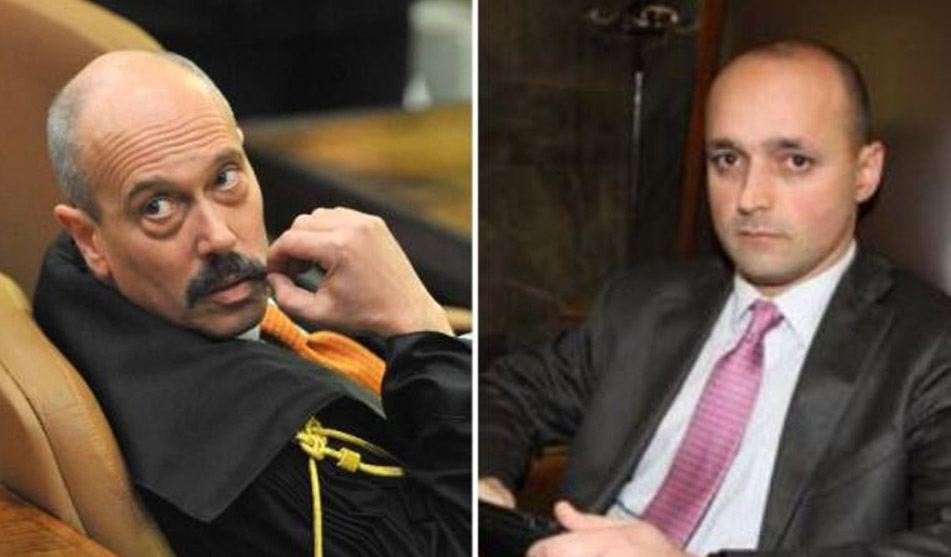An Italian court in Brescia sentenced two Milan prosecutors to eight months in prison Tuesday for failing to file documents that could have supported energy giant Eni’s position in a high-profile international corruption case.

Fabio De Pasquale and Sergio Spadaro were found guilty of withholding evidence that might have aided the defense in what was dubbed the oil industry’s biggest corruption trial. The case revolved around Eni and Shell’s $1.3 billion acquisition of a Nigerian oilfield a decade ago.
“This conviction raises significant questions about prosecutorial conduct and the integrity of high-stakes corruption trials,” said legal expert Professor Elena Bianchi of the University of Milan. “It’s an unusual turn of events that could have far-reaching implications for Italy’s judicial system.”
The Brescia court, which has jurisdiction over legal professionals in Milan, ruled that De Pasquale and Spadaro had a legal obligation to file documents potentially beneficial to the defense team. Specifically, they failed to submit a video shot by a former Eni external lawyer, deemed relevant to the case.
This conviction comes despite Eni, Shell, and all other defendants being acquitted in March 2021 by a Milan court in the original corruption trial. That court had criticized the prosecutors’ conduct, highlighting their failure to file the video among trial documents.
Prosecutors in Brescia had requested the eight-month sentence, arguing that De Pasquale and Spadaro had infringed on the defendants’ rights by concealing favorable evidence. Defense lawyers for the two prosecutors had sought a full acquittal, contending there was no explicit rule requiring immediate filing of such documents.

“The conviction underscores the delicate balance between prosecutorial discretion and defendants’ rights,” said Franco Coppi, a prominent Italian criminal lawyer. “It’s a reminder that even in high-profile cases, procedural fairness is paramount.”
Notably, the Italian government and interior ministry, potentially liable for damages, had also called for the prosecutors’ acquittal.
As the legal community digests this unexpected verdict, questions arise about its potential impact on future corruption cases and prosecutorial practices in Italy. The convicted prosecutors’ legal team had no immediate comment on the ruling, leaving open the possibility of an appeal.
This case continues to draw international attention, highlighting the complex interplay between energy corporations, developing nations, and the global fight against corruption.



